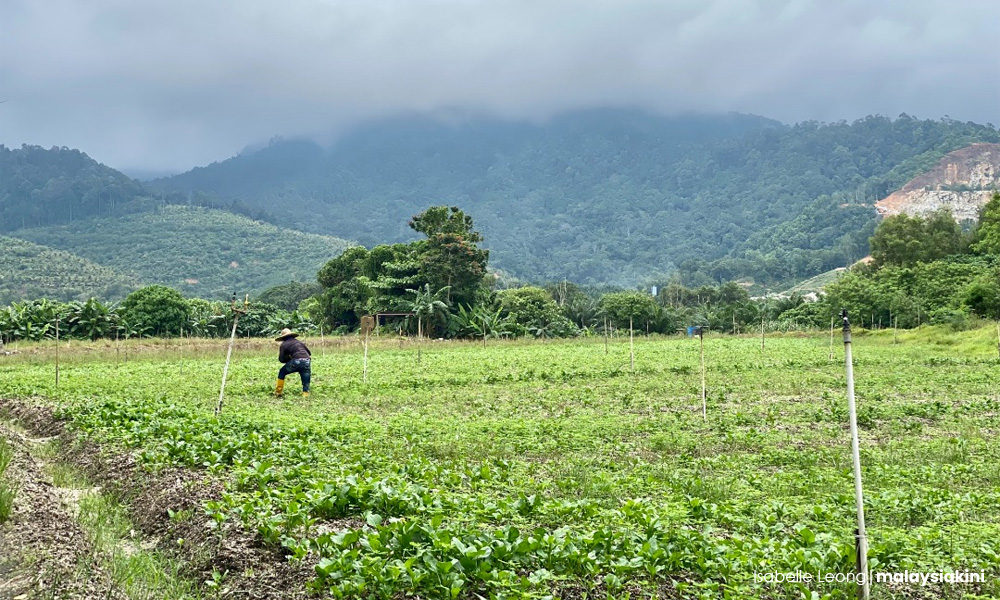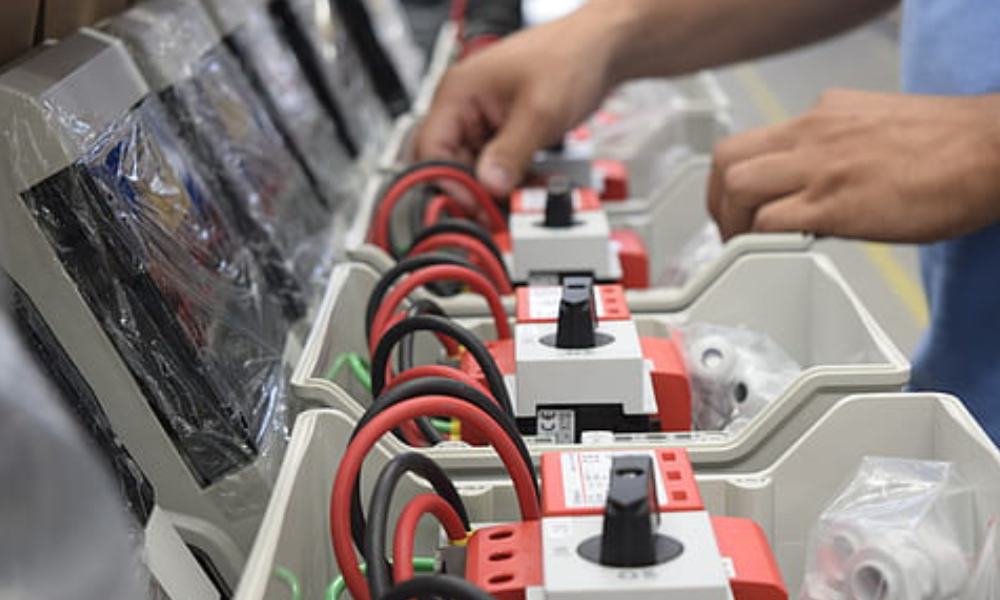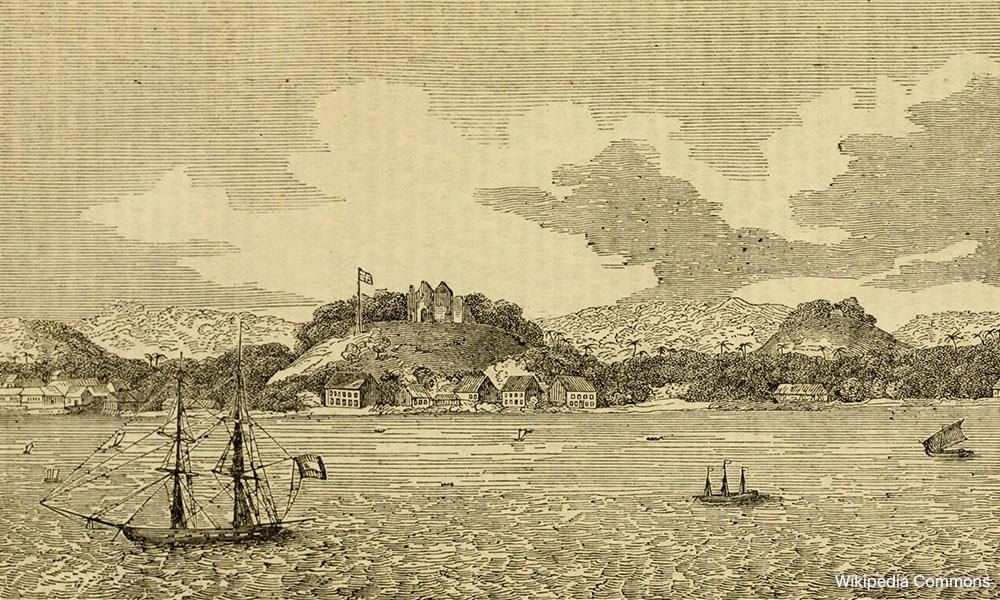Much has been said about the declining fortunes of our ringgit and yet we haven't come close to saying what needs to be said.
Artfully describing a person as corpulent, portly or paunchy, cannot alter the fact that they are plain fat. Or calling malnourished children, lanky, is to obscure a health crisis.
The time has now come to cut out the crap and say in plain language that far too many Malaysians have been living off the fat of the land, becoming obscenely obese at the expense of the rest of us.
I am talking about our greedy political elites and their backers for whom the poor are merely vote banks.
Our fathers and our forefathers, toiling in the estates and tin mines, paddy fields and farms, factories and sweatshops, put food on the family table the honest way by working hard at whatever they were doing to earn a living.
That is how a country is always made. There is no other way!

And never forget that they too went through recessions, downturns, and setbacks by tightening their belts and also the belts of their children.
They knew their priorities! I am not asking for a return of those tough days but at the very least, we must take responsibility for our actions.
Skipping work when one is “not in the mood” (ponteng) followed by keeping up with the Joneses, dining out daily, or having a coffee that can buy a whole chicken on which a family can feed for a day, is the height of folly, walking blindly into a trap set up by these greedy political elites and their backers.
And then to stick one’s hand out and ask these same people to save their necks is downright stupidity.
Ridiculous as it appears, this is the way our political system has been made to work since 1982. Yes, external factors play a part in the value of the ringgit but the world is not stupid or easily fooled.
Global investors are aware that we are close to losing the means, by which, people remain modern and progressive - hard work and application, a sound education system, future-proofed investments, and retaining our best talents to master new technologies that will help us stand on our own two feet.
“Hard work and application” are called the work ethic. How can we have a work ethic when since 1982, politics and politicians have poked their heads into the workplace resulting in a heightened sense of race and race pride, their pernicious effects common in most workplaces, except perhaps the SMEs.

A “sound education system” means promoting learning and love of knowledge, not political propaganda or the agenda of race and religion which invariably results in warped and bigoted thinking, effective in promoting the interests of one race even if it means destroying the very fabric of a multi-racial society.
Bleak as it may sound, our investments for the future have become nothing more than well-padded government projects where corruption and kickbacks are priced into projects.
This results in a simple community badminton court costing four times the actual costs. Ditto hospitals, roads, military bases, ships… you name it!
As to the last item on what makes for a dynamic and progressive nation - mastering new technologies - here is a blast from the past.
The Japanese story
Deshima near Nagasaki was a man-made island, three football pitches in size. It was the only place in Japan where foreigners could trade.
The only foreigners given this right since 1641 were the Dutch, the same year Portuguese Malacca with its redoubtable fortress, A Famosa, fell to them.
At Deshima, the Dutch, staying in their pretty houses, watched over their warehouses and tended to their neat gardens. The Japanese traders came into Deshima across a small wooden bridge.
If it was the other way around, the barbaric Dutch would have entered their sacred land. That was a no-no! There were Japanese translators to help cut deals and their expertise in such matters was growing by the day.
Japanese silk was much sought after and was paid for in silver by the Dutch. Bonds of friendship, personal and professional, were slowly developing.
The Dutch rotated their lonesome traders because their wives were not allowed on Deshima, nor were Japanese women. However, the clever Japanese supply the Dutch artificial wives, “chikufujin”, bamboo bolsters really. Product substitution!
Two decades later in 1662 and half an ocean away, the Dutch East India Company sent an old hand, the founder of Cape Town, Jan van Riebeeck to arrest Malacca’s decline.

He had previously served in Batavia, Tonkin and Deshima. The new governor arrives with his wife, Maria. She has every claim of being our “First Lady” on account of her good deeds. However, she had no budget, no office, no clout.
The experienced van Riebeeck was disappointed to see Malacca reduced to a few hundred Indian and Chinese traders and a few thousand Malays, now looking very different from the rest of their brethren in the Nusantara thanks to 130 years of Portuguese rule which encouraged their soldiers and officials to generously share their DNA with the locals, like in Brazil, Timor and Goa.
However, there was not a sign of industry of any kind in Malacca. She produced nothing! An entrepot even in its heyday, she was now looking like a supermarket gone bust.
Meanwhile, Dutch officials and scholars set about learning the Malay language - grammar, syntax, and vocabulary.
However, we chose not to learn anything of value from the Dutch - the whole 183 years they were in Malacca. Nothing! We preferred jockeying for power and privileges, like now.
The Dutch, in that period, were leading the world in science, commerce and technology. They boasted the oldest stock exchange, built the finest ships, led the world in optics, and pioneered new sea routes.
However, at Deshima, over roughly the same period of some two centuries, it was a very different story. The Japanese were at first curious, then fascinated with the products of European science.
‘Appetite for technology’
They developed a voracious appetite for Dutch-made instruments and scientific texts. In all some 10,000 discrete and different items were eagerly bought up by the Japanese - telescopes, microscopes, lenses, scalpels, sextants, compasses, firearms, stoves, static electricity devices and generators, textbooks on medicine, pharmacy, vivisection, chemistry, gunnery... But that was not all!
They understood well that science is empiricism, experimentation, and exploration; that while science does not moralise, its methods are rigorous and rational.
They became the first Asian people to imbue this scientific tradition from the West. To this day, the Japanese word for science is “Rangaku”: “Ran” is the root syllable for Orando, the Japanese rendition of Holland and “gaku”, learning or knowledge. Hence, Dutch knowledge equalled to science.
Today, the Japanese are global leaders in fundamental research and manufacturing while we are stuck assembling low-end products using nuts, bolts, and screwdrivers while proudly proclaiming, “Malaysia Boleh!”
A devastating world war, two atom bombs, and a country in utter ruin have not stopped the Japanese from making world-class products - both large and small from bullet trains to cameras to chips to cars.
Meanwhile, neither our academics nor our technocrats can explain with any honesty why our ringgit is irreversibly headed south, give or take a few upticks.
As I said, you don't have to be an economist! - Mkini
MURALE PILLAI is a former planter and now runs a logistics firm.
The views expressed here are those of the author/contributor and do not necessarily represent the views of MMKtT.




No comments:
Post a Comment
Note: Only a member of this blog may post a comment.